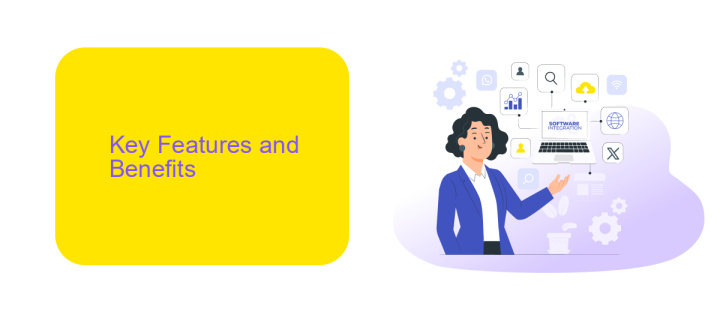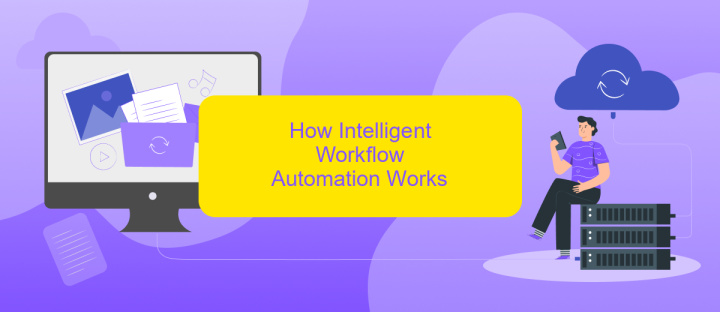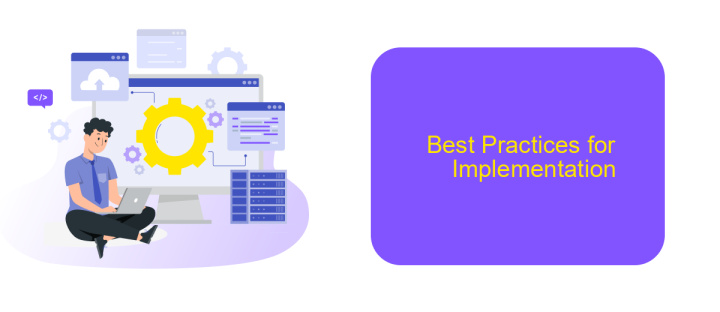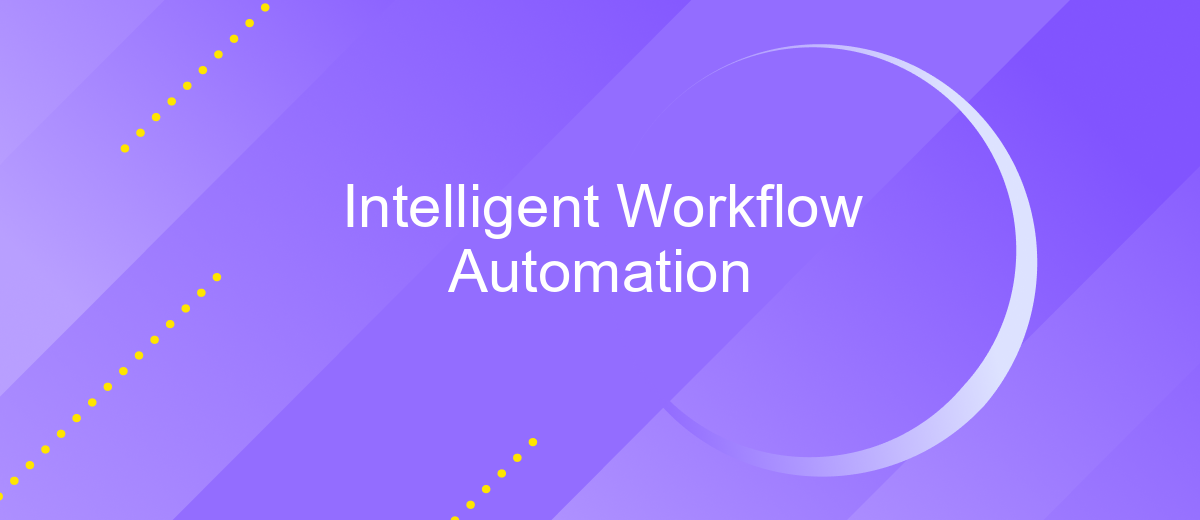Intelligent Workflow Automation
Intelligent Workflow Automation (IWA) represents a transformative approach to modern business operations, leveraging advanced technologies such as artificial intelligence, machine learning, and robotic process automation. By streamlining complex processes and enhancing decision-making capabilities, IWA enables organizations to achieve greater efficiency, accuracy, and agility. This article explores the key benefits, implementation strategies, and future potential of intelligent workflow automation in various industries.
Introduction
Intelligent Workflow Automation is revolutionizing the way businesses operate by streamlining processes and enhancing efficiency. By leveraging advanced technologies like artificial intelligence, machine learning, and robotic process automation, organizations can automate repetitive tasks, reduce human error, and free up valuable time for strategic activities.
- Increased productivity through automation of mundane tasks
- Enhanced accuracy by minimizing human intervention
- Improved scalability to handle growing business demands
- Cost savings by reducing operational expenses
- Better compliance through consistent process execution
Services like ApiX-Drive play a crucial role in this transformation by offering seamless integration solutions. ApiX-Drive allows businesses to connect various applications and automate data transfers without the need for complex coding. This not only accelerates the implementation of intelligent workflows but also ensures that all systems work in harmony, providing a cohesive and efficient operational environment.
Key Features and Benefits

Intelligent Workflow Automation streamlines complex business processes by integrating advanced technologies like AI and machine learning. This automation reduces manual intervention, minimizes errors, and accelerates task completion, leading to increased productivity and efficiency. Key features include real-time data processing, predictive analytics, and seamless integration with existing systems, ensuring a smooth transition and minimal disruption to daily operations.
One of the significant benefits is the ability to integrate various applications and services effortlessly. Tools like ApiX-Drive facilitate these integrations, enabling businesses to connect multiple platforms without extensive coding knowledge. This not only saves time but also enhances data accuracy and consistency across different systems. Additionally, intelligent workflow automation provides valuable insights through comprehensive reporting and analytics, empowering businesses to make data-driven decisions and optimize their processes continuously.
How Intelligent Workflow Automation Works

Intelligent Workflow Automation (IWA) leverages advanced technologies such as artificial intelligence (AI) and machine learning (ML) to optimize and streamline business processes. By automating repetitive tasks and integrating various systems, IWA enhances efficiency, reduces human error, and allows employees to focus on more strategic activities.
- Identify repetitive tasks that can be automated.
- Integrate necessary applications and systems using tools like ApiX-Drive.
- Implement AI and ML algorithms to manage and optimize workflows.
- Monitor and analyze performance to make continuous improvements.
Services like ApiX-Drive facilitate the integration process by connecting different applications and automating data transfer between them. This ensures that all systems work seamlessly together, providing a unified platform for intelligent workflow automation. As a result, businesses can achieve higher productivity and improved decision-making capabilities.
Best Practices for Implementation

Implementing intelligent workflow automation requires a strategic approach to ensure efficiency and effectiveness. Begin by clearly defining the objectives and scope of the automation project. This helps in setting realistic expectations and identifying key performance indicators (KPIs).
Next, evaluate and choose the right tools and technologies that align with your business needs. It's crucial to select platforms that offer flexibility, scalability, and ease of integration. For instance, services like ApiX-Drive can simplify the integration process, connecting various applications seamlessly.
- Map out existing workflows to identify bottlenecks and areas for improvement.
- Engage stakeholders from different departments to gather insights and foster collaboration.
- Implement a pilot project to test the automation in a controlled environment.
- Continuously monitor and optimize the automated workflows based on performance data.
Lastly, ensure that your team is adequately trained to manage and troubleshoot the automated systems. Regular updates and maintenance are essential to adapt to changing business needs and technological advancements. By following these best practices, you can maximize the benefits of intelligent workflow automation.
Conclusion
In conclusion, Intelligent Workflow Automation represents a significant leap forward in optimizing business processes and enhancing operational efficiency. By leveraging advanced technologies such as artificial intelligence and machine learning, organizations can streamline complex workflows, reduce human error, and improve overall productivity. The integration of these intelligent systems into existing workflows allows for real-time data analysis and decision-making, leading to more informed and timely actions.
Furthermore, services like ApiX-Drive facilitate seamless integration between various applications and platforms, ensuring that data flows smoothly across different systems. This not only simplifies the automation process but also enhances the scalability and adaptability of business operations. As companies continue to embrace digital transformation, the adoption of Intelligent Workflow Automation will be crucial in maintaining a competitive edge and driving sustainable growth. By staying ahead of the curve, businesses can unlock new opportunities and achieve greater levels of success.


FAQ
What is Intelligent Workflow Automation?
How can Intelligent Workflow Automation benefit my business?
What types of processes can be automated with IWA?
How do I implement Intelligent Workflow Automation in my organization?
What are the challenges of implementing Intelligent Workflow Automation?
Time is the most valuable resource in today's business realities. By eliminating the routine from work processes, you will get more opportunities to implement the most daring plans and ideas. Choose – you can continue to waste time, money and nerves on inefficient solutions, or you can use ApiX-Drive, automating work processes and achieving results with minimal investment of money, effort and human resources.

